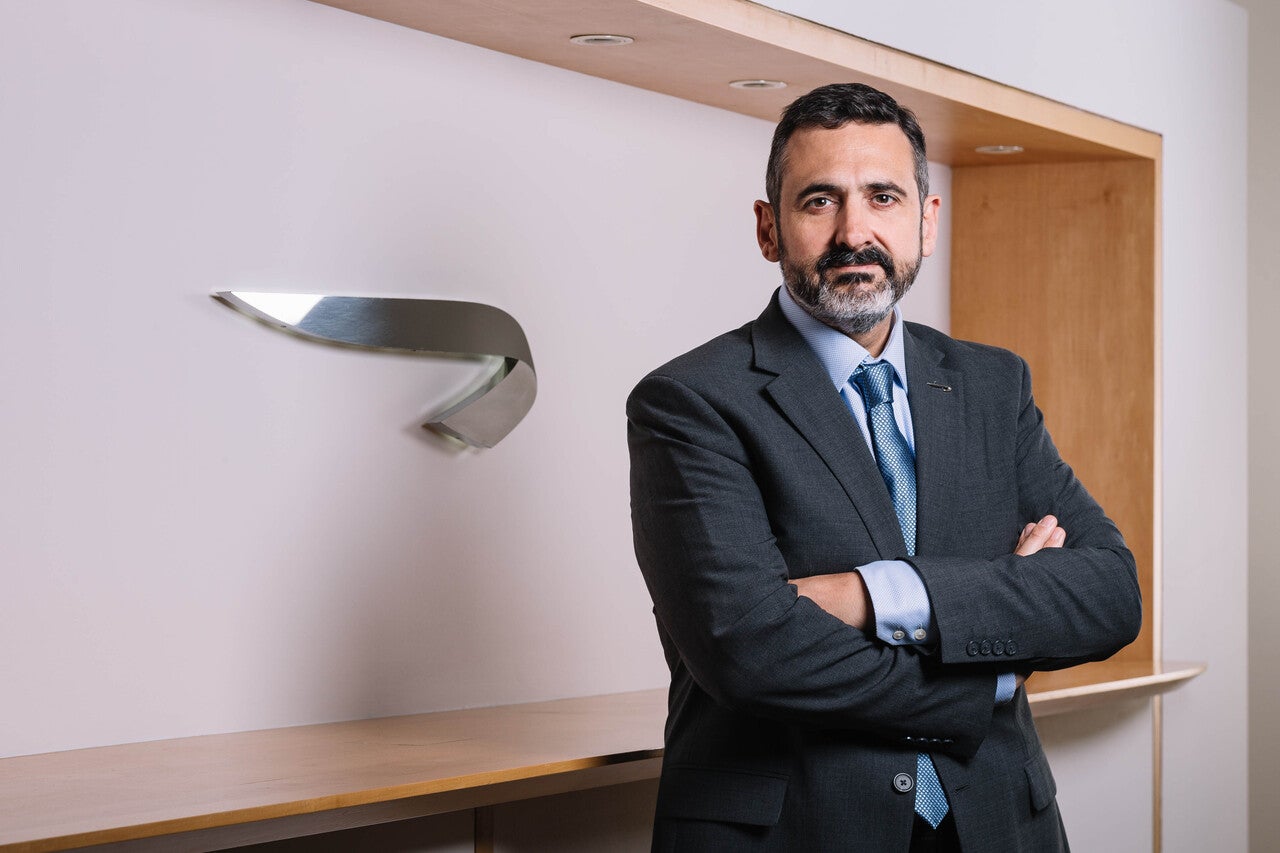British Airways: The story behind the airline’s succession of chief executives
Analysis: As Alex Cruz becomes the latest BA boss to be shown the emergency exit, Simon Calder looks at why it’s so tough at the top inside the UK’s flag carrier


Twenty years ago, the then BA chief executive, Bob Ayling, opened the delayed British Airways London Eye. On the cold, grey morning of 9 March 2000, he told we reporters assembled beside the Thames: “Life is full of risks and some of them pay off in a big way.”
The following day he was ousted. The BA board was unhappy with the way he had handled a bitter dispute with cabin crew, and the fallout from his ambitious cost-cutting measures.
Last Thursday, Alex Cruz, the boss of British Airways, presided over what he called the “emotional milestone in the retirement of our 747 fleet”. The last two BA Jumbo jets took off from the airline’s home, destination oblivion – their retirement accelerated by the coronavirus pandemic.
“We will miss seeing them grace our skies,” he said.
Four days later, on the cold, grey morning of 12 October, the parent company, IAG, eased Mr Cruz out – thanking him for working “tirelessly to modernise the airline” since he took over in 2016.
While he remains as non-executive chairman of BA, Mr Cruz is replaced immediately as British Airways chief executive by Sean Doyle – who steps up from the same role at Aer Lingus, a much smaller part of the IAG conglomerate.
The last man to make the move from boss of Ireland’s flag carrier to BA was Willie Walsh, in 2005. He was hired to trim costs at the airline, and set about the task not with a scalpel but with a chainsaw.
British Airways has, until this year at least, had one massive advantage: the majority of slots at the world’s most desirable airport, London Heathrow. That allowed it to keep fares relatively high. But in the early 2000s, Ryanair and easyJet, Europe’s two biggest budget airlines, were expanding relentlessly at Stansted and Gatwick, exposing the questionable profitability of BA’s short-haul links.
Long haul, Virgin Atlantic was constantly nipping at its rival’s heels, while Gulf-based carriers offered high standards and low fares from across the UK to Asia and Australia.
The financial crash of 2008 led to crushing losses. In a dispute that still scars many in the airline, Willie Walsh took on the cabin crew. In 2011 he became chief executive of IAG, formed by BA’s merger with Iberia of Spain. His successor at British Airways, Keith Williams, settled with the cabin crew and flew smoothly on for five years.
But when Mr Walsh chose Alex Cruz – at the time leading the low-cost airline Vueling – it was clear that radical reform was once more on the agenda.
A couple of decades after easyJet demonstrated that airlines could actually charge for a coffee and a sandwich and still keep their customers, Mr Cruz introduced “buy on board” – with Marks & Spencer providing posh sandwiches. Accusations that BA was turning itself into easyJet increased, even though most rival European carriers were turning a cost into a revenue opportunity in exactly the same way.
Industrial relations were far from harmonious: Mr Cruz took on first cabin crew then pilots, whose strike in September 2019 thwarted long-planned celebrations of the centenary of BA.
Until the coronavirus pandemic, the worst weekend for the British Airways chief executive was in May 2017, when an IT failure grounded hundreds of thousands of passengers. But the near-complete collapse of demand due to Covid-19 and the attendant government restrictions has no parallel.
Many of the thousands of BA staff who have lost their jobs – and plenty of those who have stayed on inferior terms and conditions – say that Mr Walsh was directing his protege to complete a programme of brutal reforms. Supporters of Mr Cruz reject allegations that this was a case of “never waste a good crisis”.
Faced with the deepest crisis in aviation history, they say, the chief executive had no choice but to take drastic action to cut costs in order to keep British Airways alive.
His successor may soon feel that one of the top jobs in aviation is a poisoned chalice.
Sean Doyle’s fundamental problem is that the government has not shown the slightest interest in protecting the UK’s travel industry beyond paying a proportion of wages as part of the general furlough scheme.
Instead of investigating ways to keep passengers flying while minimising risk, the Department for Transport has imposed a series of incoherent and ineffective quarantine policies whose main consequence is to erode leisure passengers’ confidence – and suppress almost all business-class travel, which provided the bulk of BA’s recently handsome profits.
A reinvigorated Club World offering is irrelevant when there is no signal about when the world’s only billion-dollar route, from London Heathrow to New York JFK, might carry more than a handful of passengers each day.
Add the impending deep recession, and the further harm that “getting Brexit done” will wreak on the economy and the travel industry, and the test for Mr Doyle becomes: how much of British Airways can he salvage?
Rod Eddington, the Australian who took over at British Airways after Bob Ayling was shown the emergency exit, quipped at the end of his tenure (which included 9/11): “I’ve had lots of luck at BA. All of it bad.”
Right now, Alex Cruz may concur.
Join our commenting forum
Join thought-provoking conversations, follow other Independent readers and see their replies
Comments

Bookmark popover
Removed from bookmarks